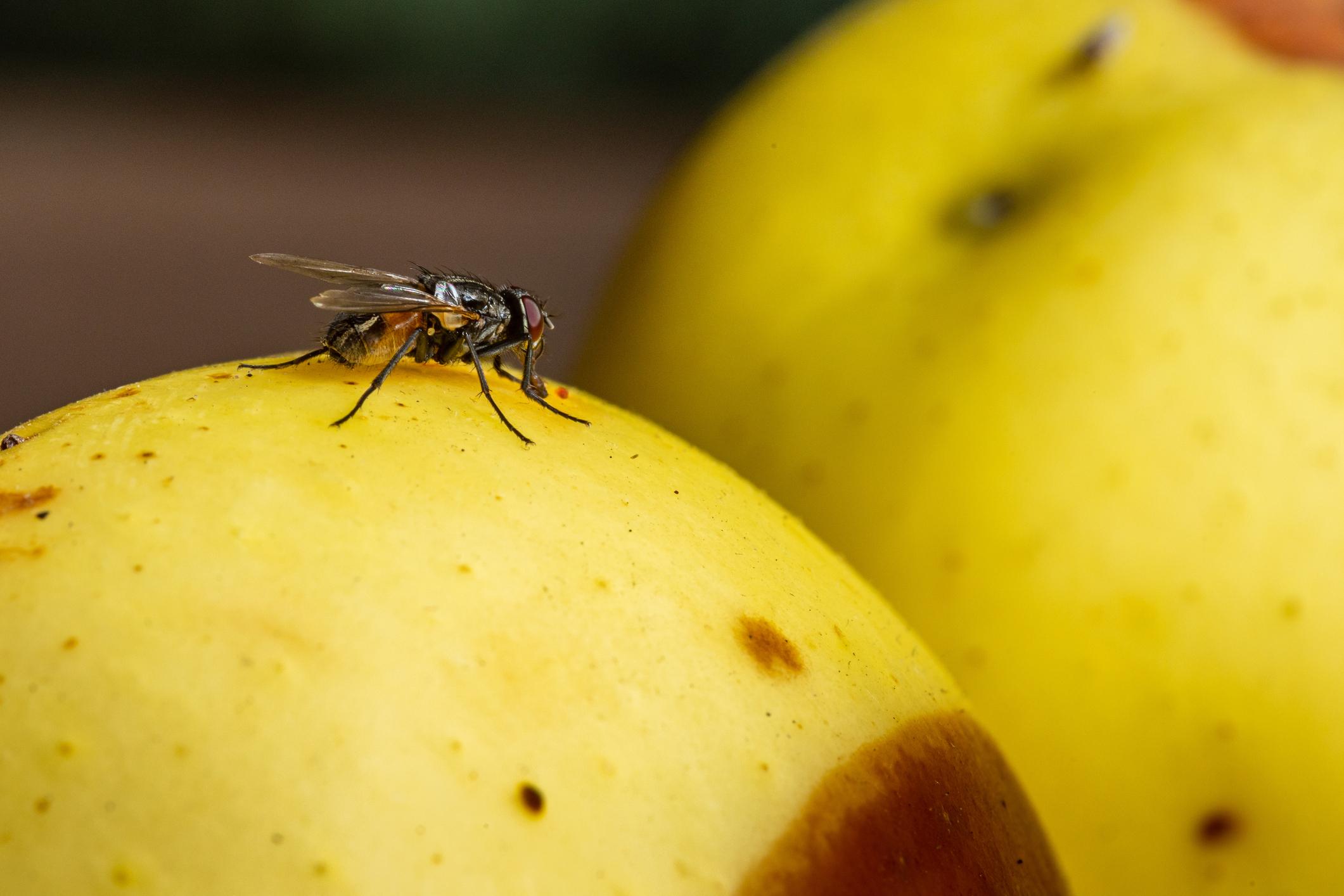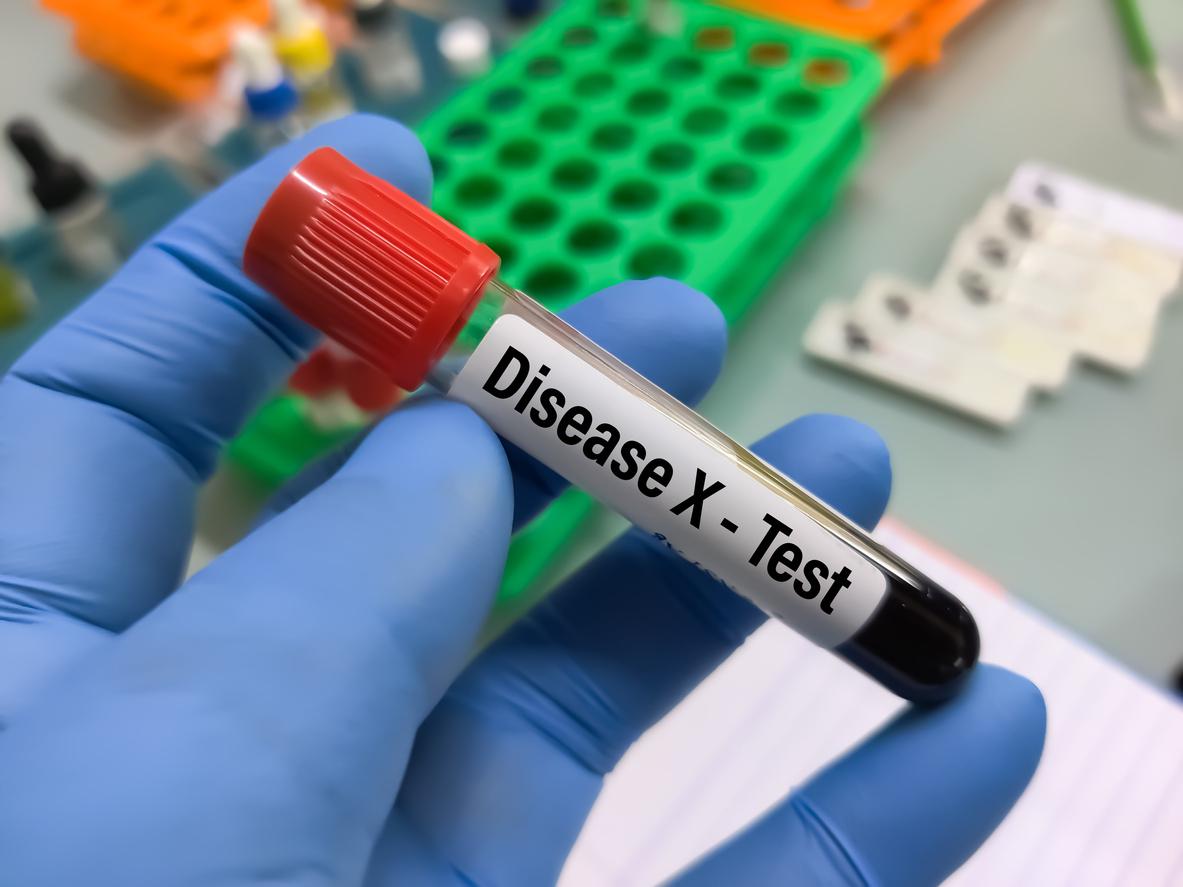The Parkinson disease seems to thrive on agricultural land, even for the general population, according to results of a study published in the medical journal Eur J Epidemiol. And more particularly on wine-growing lands.
Parkinson’s disease is a neurodegenerative disease in which a specific population of neurons is gradually destroyed, leading to an array of specific symptoms (tremor, slowness and movement coordination disorders, etc.).
Inserm researchers noted the number of people newly treated with antiparkinsonian drugs in each French region, between 2010 and 2012 (data from the health insurance databases). They then characterized agricultural activity in each of these territories.
Wine-growing lands: an area at risk
The results of this study showed that the number of new cases of Parkinson’s disease is related to the cultivated agricultural area. “The higher the latter, the greater the local number of cases. And with certain crops, such as viticulture, the association seems more pronounced” specifies Alexis Elbaz, author of the study.
The findings also reveal that the strongest link correlates with the higher presence of vineyards. It increased the incidence of the disease by about 10%. This association is found in different wine regions. The data points in the same direction when farmers and agricultural workers are excluded from the analysis.
“The relationship between wine-growing activity and Parkinson disease is more marked in those over 75 years old, in comparison with younger subjects, whatever the population analyzed, explains the researcher. Perhaps older people have been exposed longer than others, especially to toxic pesticides that are now banned, such as organochlorines. In addition, it is possible that the weight of environmental factors is more important after 75 years, while genetic susceptibility could play a more important role for cases occurring in the youngest “.
Non-occupational exposure to #pesticides is believed to be associated with an increased risk of #Parkinsonhttps://t.co/FjYhF19k09pic.twitter.com/rHjoxv7ef6
– Inserm (@Inserm) March 28, 2017
Read also:
Parkinson’s: preconceived ideas about the disease
Parkinson’s: bathroom mold involved?
Parkinson’s disease: pesticides recognized as responsible


















